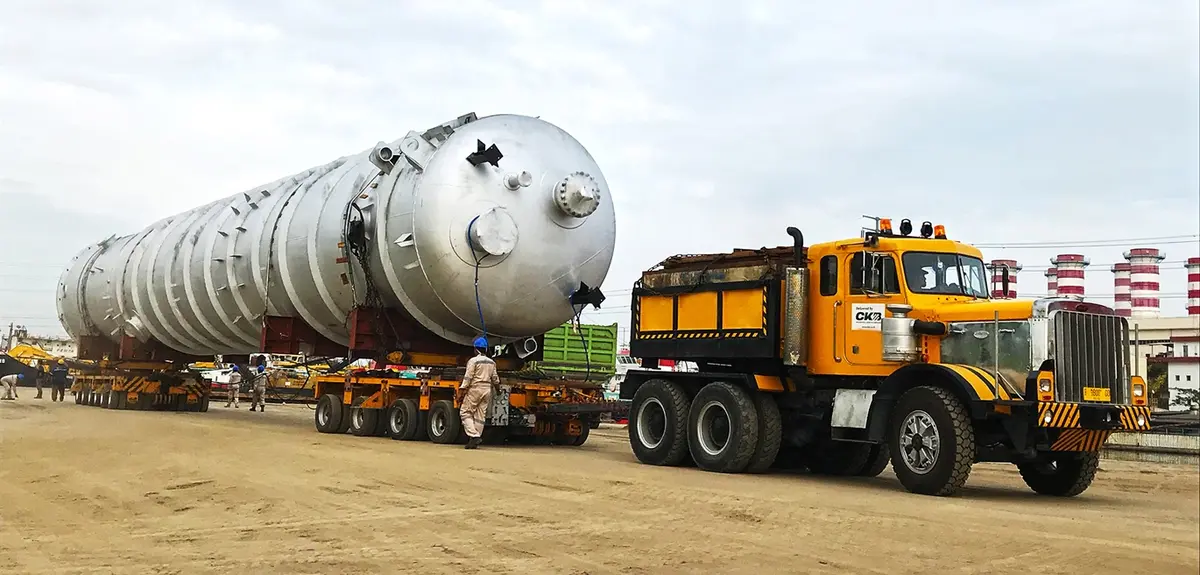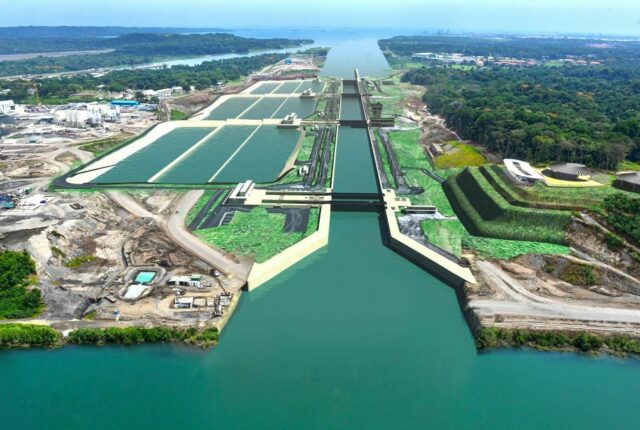
In the Zone: Geographical Considerations in Project Logistics
Project logistics, a critical component in the execution of complex undertakings, involves the meticulous coordination of resources, time, and activities. Among the myriad factors influencing successful project logistics, geographical considerations stand out as paramount. In this article, we delve into the nuances of “In the Zone: Geographical Considerations in Project Logistics” to understand how the lay of the land profoundly impacts the outcome of endeavors.
Introduction
Definition of Project Logistics
Project logistics encompasses the planning, coordination, and execution of various tasks essential for successful project completion. From transportation and procurement to risk management, each facet requires meticulous attention. However, geographical factors introduce an additional layer of complexity, shaping the strategic decisions that project managers must make.
Importance of Geographical Considerations
The geographical context in which a project unfolds can significantly influence its trajectory. Variables such as topography, climate, and proximity to transportation hubs play pivotal roles. Ignoring these factors can lead to delays, increased costs, and, in extreme cases, project failure. Recognizing the importance of geographical considerations is the first step toward ensuring smooth project logistics.
Key Geographical Factors
Topography and Terrain
The lay of the land, including its elevation, slope, and natural features, directly impacts transportation routes and construction logistics. Navigating through mountainous terrain requires different strategies than operating in flat, urban landscapes. Project managers must adapt their approaches to the unique challenges posed by diverse topographies.
Climate and Weather Patterns
Unpredictable weather patterns can disrupt project timelines and pose safety hazards. Whether it’s scorching heat, heavy rainfall, or freezing temperatures, understanding and planning for regional climate conditions are imperative. Advanced weather forecasting tools can aid project managers in making informed decisions and mitigating the impact of adverse weather.
Proximity to Transportation Hubs
Efficient transportation is the lifeblood of project logistics. Being close to major transportation hubs, such as ports, airports, and railways, can streamline the movement of materials and personnel. Strategic location planning ensures that the project remains well-connected and minimizes logistical bottlenecks.
Challenges in Different Zones
Urban Environments
Urban projects bring a unique set of challenges, including limited space, traffic congestion, and strict regulations. Successful navigation of these challenges requires meticulous planning, often involving collaboration with local authorities and the implementation of innovative logistics solutions.
Rural and Remote Areas
Projects in rural or remote areas demand careful consideration of limited infrastructure and accessibility issues. Adequate preparation and contingency planning become essential to overcome the challenges posed by geographical isolation.
International Projects
Crossing international borders introduces a myriad of logistical complexities, including customs regulations, cultural differences, and varying legal frameworks. Project managers must have a comprehensive understanding of the geopolitical landscape to navigate international projects successfully.
Technology and Tools
GIS Applications
Geographic Information System (GIS) applications empower project managers to visualize, analyze, and interpret spatial data. These tools facilitate informed decision-making by providing a comprehensive understanding of the geographical context.
Advanced Weather Forecasting Tools
In an era of climate unpredictability, leveraging advanced weather forecasting tools becomes crucial. Integrating real-time weather data into project planning allows for proactive adjustments, reducing the impact of adverse weather conditions on project timelines.
Transportation Optimization Software
Cutting-edge transportation optimization software enables project managers to streamline logistics processes. From route optimization to load balancing, these tools contribute to the efficient movement of resources, reducing costs and enhancing overall project efficiency.
Sustainability in Project Logistics
Environmental Impact Assessment
With increasing emphasis on sustainability, project managers must conduct thorough environmental impact assessments. Understanding the ecological footprint of a project allows for the implementation of green logistics practices, minimizing adverse effects on the environment.
Green Logistics Practices
Adopting eco-friendly logistics practices not only aligns with global sustainability goals but also enhances the reputation of the project. From utilizing renewable energy sources to minimizing waste, green logistics contributes to both environmental conservation and project success.
Future Trends
Integration of AI in Geographical Planning
The future of project logistics lies in the integration of artificial intelligence (AI) into geographical planning. AI algorithms can analyze vast amounts of data, predict logistical challenges, and optimize project workflows, ushering in an era of unprecedented efficiency.
Global Collaboration in Project Logistics
As projects become increasingly globalized, collaboration between stakeholders from different regions becomes paramount. Building global partnerships ensures a seamless flow of resources and information, contributing to the success of large-scale international projects.
Importance of Expert Consultation
Role of Geographical Experts
Consulting with geographical experts early in the project planning phase is a strategic move. Geographical experts bring specialized knowledge that can inform decision-making, identify potential challenges, and contribute to the development of effective logistical strategies.
Collaborating with Local Authorities
Establishing partnerships with local authorities fosters smoother project execution. Local insights into regulations, cultural nuances, and infrastructure capabilities enhance the project manager’s ability to navigate the intricacies of specific geographical regions.
The Human Touch in Logistics
Cultural Considerations
Understanding and respecting local cultures is integral to successful project logistics. Cultural sensitivity can bridge communication gaps, foster positive relationships with local communities, and contribute to the overall success of the project.
Local Workforce Engagement
Incorporating local workforce into the project not only addresses labor shortages but also builds a sense of community involvement. Engaging with local talent ensures that the project benefits the region economically and socially.
Risk Mitigation Strategies
Contingency Planning
In project logistics, uncertainties are inevitable. Robust contingency planning prepares project managers to respond effectively to unexpected events, minimizing disruptions and keeping the project on course.
Insurance Considerations
Strategic insurance coverage acts as a safety net in the face of unforeseen challenges. Evaluating and securing the appropriate insurance policies safeguards the project against financial risks and provides peace of mind to stakeholders.
Conclusion
Summarizing the Crucial Role of Geographical Considerations
Geographical considerations are not merely logistical hurdles; they are integral to the success of any project. From the planning phase to execution and beyond, recognizing and addressing geographical factors ensures that project logistics unfold smoothly, delivering successful outcomes.
Encouraging Proactive Planning for Project Success
Proactive geographical planning is the cornerstone of successful project logistics. By embracing the complexities of the geographical landscape, project managers can navigate challenges effectively, reduce risks, and set the stage for triumph.
FAQs
Q: How do geographical factors impact project timelines? A: Geographical factors such as terrain and weather can cause delays and disruptions, affecting project timelines.
Q: Why is cultural sensitivity crucial in project logistics? A: Cultural sensitivity fosters positive relationships with local communities, enhancing communication and project success.
Q: What role does AI play in the future of geographical planning? A: AI is poised to revolutionize geographical planning, offering advanced data analysis and logistical optimization.






